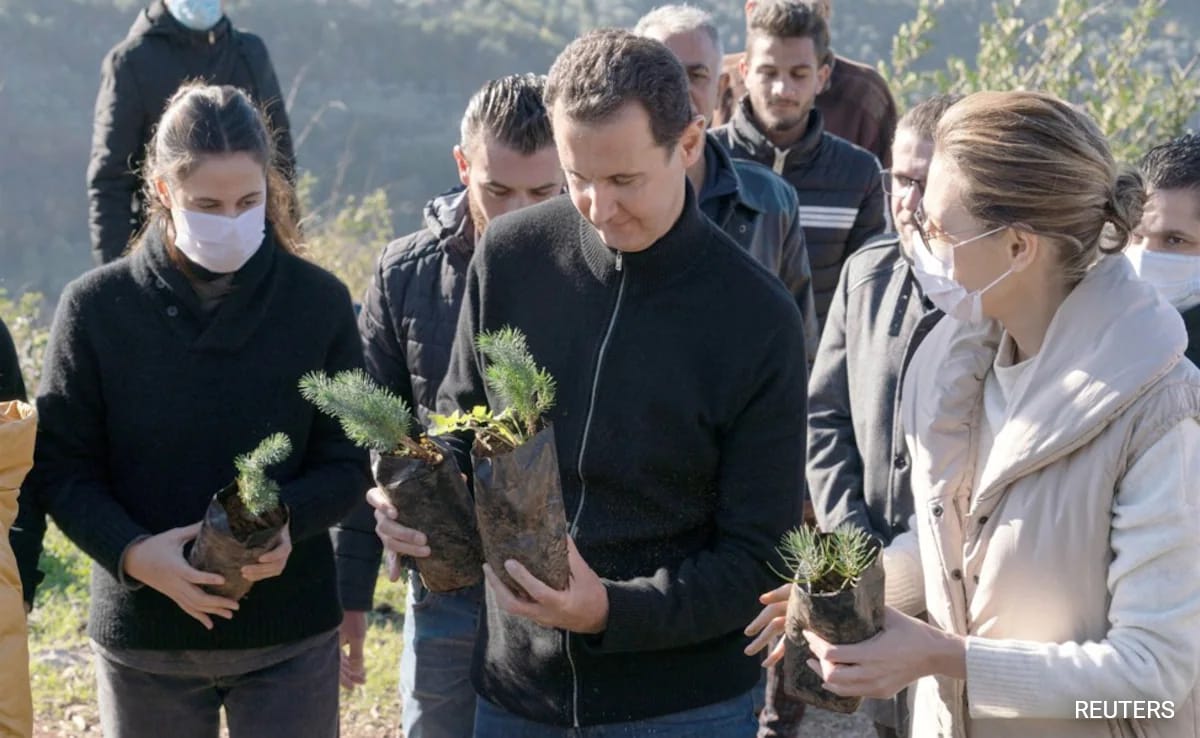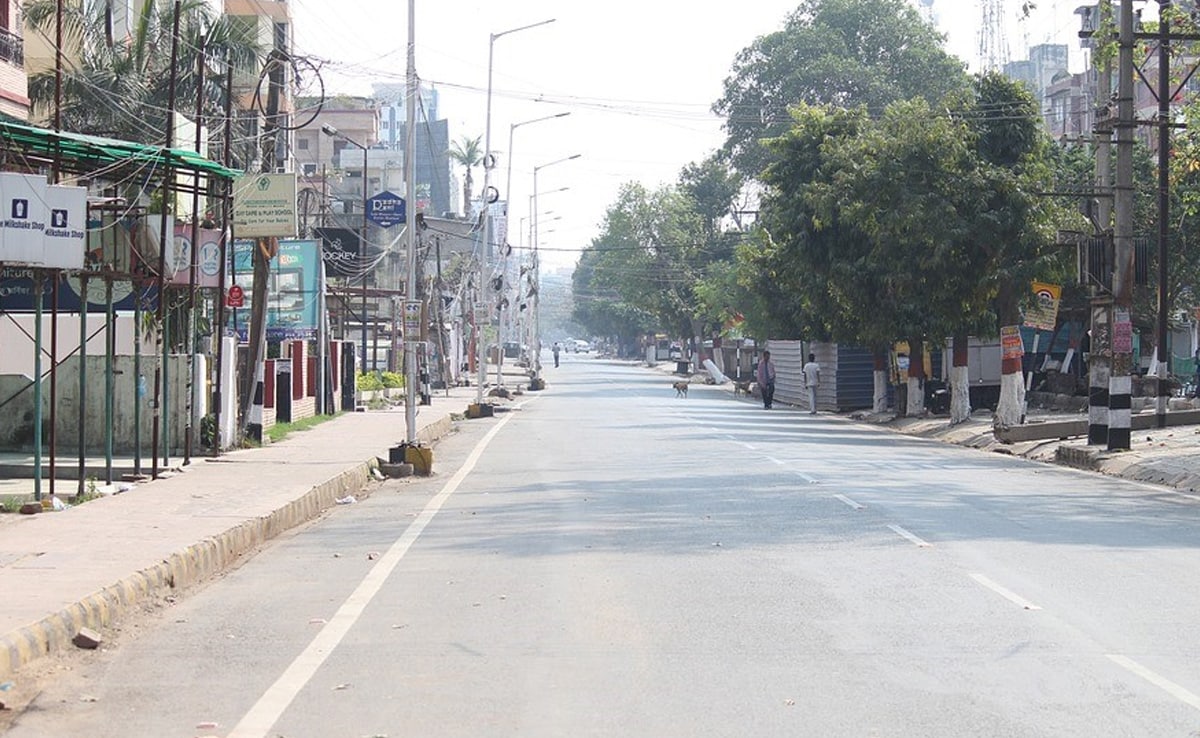Iraq and the United States on Saturday held a first round of talks on the future of American and other foreign troops in the country, with Baghdad expecting discussions to lead to a timeline for reducing their presence.
Roughly 2,500 US troops are still deployed in Iraq as part of the anti-Islamic State group international coalition formed in 2014 — the year the jihadist group overran swathes of Iraq and neighbouring Syria.
But after the Israel-Hamas war began in October US-led coalition forces in Iraq and Syria have faced frequent attacks by Iran-aligned groups, leading to US retaliatory strikes and Iraqi complaints of American “aggression” against its territory.
The volatile situation has pushed Iraq’s prime minister — whose government relies on the support of Iran-aligned parties — to call for the coalition to leave, although talks had been planned since an initial meeting in Washington in August.
On Saturday a “one-way drone attack” targeted the Ain al-Assad base, where coalition troops are stationed in Iraq’s western Anbar province, a US military official told AFP.
An Iraqi security official confirmed the drone attack, with the US official saying it was not immediately clear whether it had led to any casualties or damage.
Earlier the office of Prime Minister Mohamed Shia al-Sudani issued a photograph of him with top-ranking officials from both the Iraqi armed forces and the US-led coalition.
Their joint commission “started its work today, in Baghdad, to review the mission of the Global Coalition against Daesh,” Sudani’s office said in a statement, using an Arabic acronym for IS.
“Military experts will oversee ending the military mission of the Global Coalition against Daesh, a decade after its initiation and after its successful achievement of its mission in partnership with Iraqi security and military forces.”
Sudani’s foreign affairs adviser, Farhad Alaaldin, told AFP that the talks “and whatever progress made will determine the length of these negotiations.
“Iraq is engaging the other countries taking part in the international coalition for bilateral agreements that serves the best interest of Iraq and these countries,” Alaaldin said.
The US-led coalition said in a statement that Saturday’s meeting was part of the process to “assess progress in the coalition’s primary Defeat-Daesh mission, as well as discuss future adjustments to the coalition’s mission and presence in Iraq”.
The joint military commission “will work to set the conditions to transition the mission in Iraq”, it added.
On Thursday, Washington had said it agreed with Baghdad on the launch of “expert working groups of military and defence professionals” as part of the joint commission set up in agreement with Baghdad.
The three working groups would examine “the level of threat posed by ISIS, operational and environmental requirements, and strengthening the growing capabilities of the Iraqi security forces,” Sudani’s office said.
US Pentagon deputy press secretary Sabrina Singh had acknowledged that the US military footprint in Iraq “will certainly be part of the conversations as it goes forward”.
Iraq’s foreign ministry sees the eventual formulation of “a specific and clear timeline… and to begin the gradual reduction of its (the coalition’s) advisers on Iraqi soil”.
There have been more than 150 attacks targeting coalition troops since mid-October, many of them claimed by the Islamic Resistance in Iraq, a loose alliance of Iran-linked groups that oppose US support for Israel in its war with Hamas in Gaza.
In 2014, IS declared a “caliphate” which they ruled with brutality before their defeat in Iraq in late 2017 by Iraqi forces backed by the US-led coalition. However, jihadist cells still stage sporadic attacks on the army and police.













